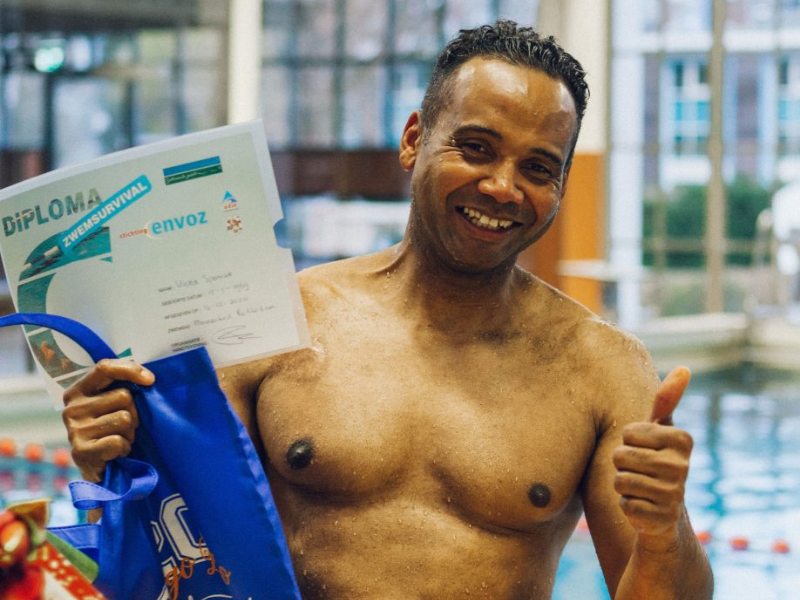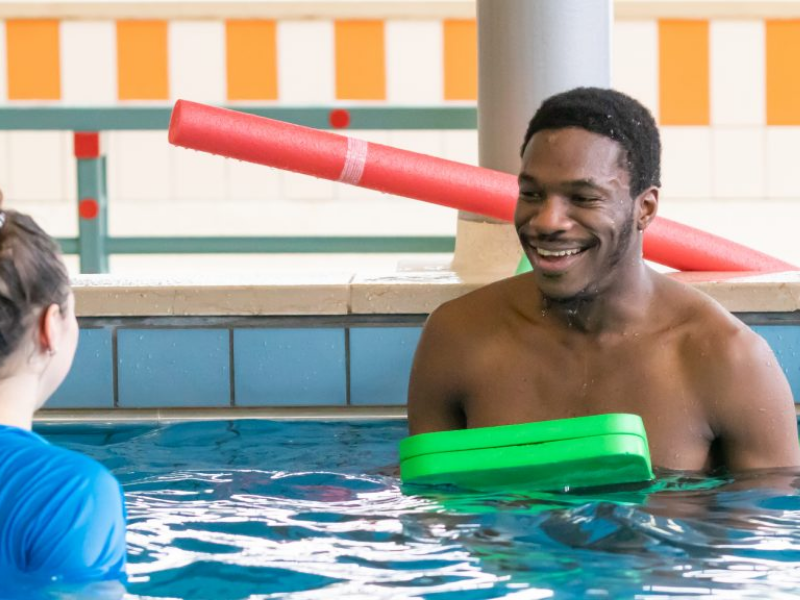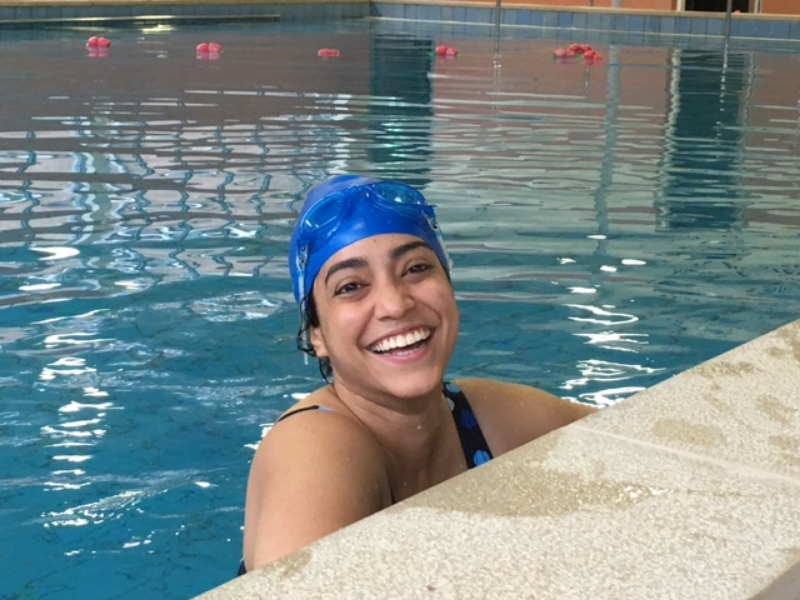How to remain motivated during the dark times of the year?
Swimming has a way of acting on everyone differently, but it’s impacts are immense. But how has swimming come to be associated with removing stress and anxiety from our lives and how can it benefit us in the long term, especially in the dark hours of winter.
Swimming should ultimately be something you look forward to every day, but it requires personal commitment to do so. Once swimming clicks it provides an exciting combination of reachable goals and challenges, but doing so requires seeing it as such. So how can you come to think of swimming in this way, even if it doesn’t seem like it now, and how do you stay doing it throughout the long year when you’d rather take a break from work?
It’s physical impacts:
Swimming stands fairly uniquely above the rest of sports because of it’s ability to hit every muscle in your body. Not only does it strengthen your visible musculature, but it stretches and reinforces the tendons and sections which hold your body together (core muscles, lower back/spine, and neck).
By keeping with home exercise and your instructor’s lessons, you’re indirectly strengthening posture, vulnerable bones and joints, and your lungs/breathing. Because water buoyancy eliminates most of gravity’s downward pressure, it also allows you start and continue swimming throughout your 70s and 80s.
Its mental impacts
The mental benefits of swimming can be both simple (feeling comfortable in a bathing suit) and complex (strengthening your overall mental health).
As an article from swimming.org shows, swimming in a bathing suit can help to improve both bodily confidence and the drive to continue swimming.
Because of its unique demands, swimming also shifts your body’s heart rhythm, balance, and daily routine enough to reduce trips to the doctors office and other health problems. It also has the ability to work as an outlet for excess physical energy and emotions, taking the mind off of daily preoccupations
How to set a “swim schedule” and make it a constant part of your life
Despite these benefits, practise might still seem like a lot to do on a regular basis. Although it presents such a unique way of strengthening your mind and body, getting up and going to the pool-especially in the winter-is tough. Whether it be hands-on help, or practicing a new swimming skill on your own, understanding your own personal journey and talking to your instructor are vital steps towards setting small goals for yourself and staying motivated.
In the winter I find it easier to plan swimming classes right after work, eating light energizing snacks throughout the day, and only eating big meals once you’re back home. This will get your body to associate swimming with food and implements it into your daily life. Competently applying this self-awareness on your own in exercise, nutrition, and during classes will also strengthen your self confidence and keep your mind focussed on your ultimate goal, whatever it may be.
Other articles you might like
Diploma system
Your Personal Swim Coach lessons are structured around the Dutch ABC Diploma curriculum. Find out how it works and what all of them entail!
Floating in swimming
The science of swimming. Do people float better in salt water in the sea, or fresh water in the swimming pool? And other questions around floating are answered in this article.
Our adult swim classes
Your Personal Swim Coach will help you become a more confident you, a stronger, fitter and healthier you, a happier, care-free you and ensure your success in learning to enjoy and feel safe in and around water!
Water Intro
Are you unable to swim, scared or challenged? Have you taken lessons before and failed? Or it has been a long time ago?
Stroke Introduction
You are comfortable in shallow water but are not able yet to perform all 4 basic strokes. This level requires you to have passed the introduction program, or you are able to perform a swim a backcrawl, and a single backstroke (froggy leg).
Sport class
Take Your Swimming to the Next Level with Our Sport Class!
For those who have earned their official swim diplomas or advanced swimmers looking for new challenges—our Sport Class is designed for you!




